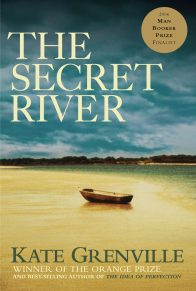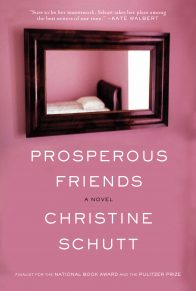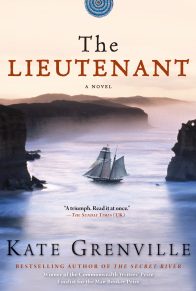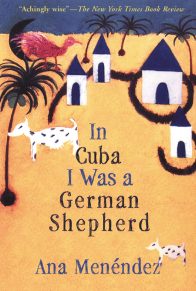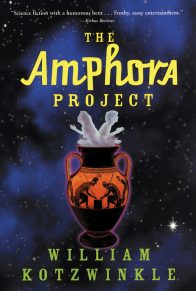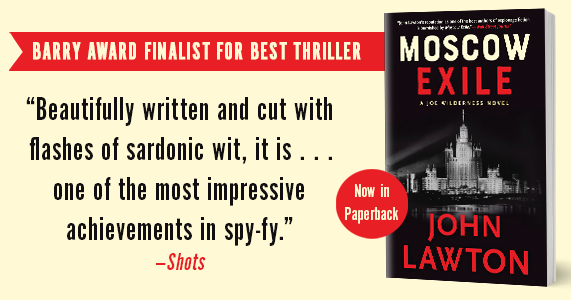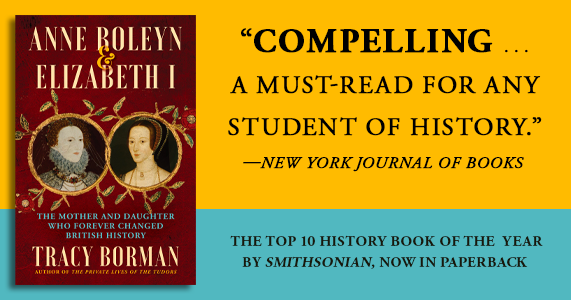1. “The Hawkesbury was a lovely river, wide and calm, the water dimply green, the cliffs golden in the sun, and white birds roosting in the trees like so much washing. It was a sweet thing of a still morning, the river-oaks whispering and the land standing upside down in the water” (p. 3). How does this sanctity of the land pervade the novel? For which characters is the land most important? When is it desecrated and why?
2. “Three Irish in a house together, can’t go long without some of the old songs. . . . Paddy . . . stood in the corner with his eyes closed and out of the fiddle came a wild keening voice . . . After a time Maeve lifted up her voice and sang along with the fiddle, the words caressing the music as it went up and down. . . . And there was Daunt . . . the tears stand glittering in his eyes. . . . I was the only one dry-eyed. That was what it was to belong to a place. To be brought undone by the music of the land where you’d been born. Us currency lads and lasses had no feeling like that about the land we call ours. It had no voice that we could hear, no song we could sing. Nothing but a blank where the past was. Emptiness, like a closed room, at our backs” (pp. 196-197). How does this emptiness propel Sarah’s search for meaning in the book?
3. Have you ever read a novel whose characters are complex and subtle, yet totally illiterate? Is it surprising there is no culture of books or schools in the Thornhill family? How does living with Daunt and his books affect Sarah? “Gone away into reading like another country where I could never follow” (p. 197).
4. When there is no written history, how is knowledge of the past further complicated by secrets and tangled suppositions? What are some of these secrets and suppositions?
5. Will Sarah’s compulsion to tell her story and that of her family force her to learn her letters? “But of all the crimes done, the worst would be to let the story slip away. For what it’s worth, mine had best take its place, in with all the others” (p. 304).
6. William Thornhill was a man who “never looked back” (p. 3). He is who he is, someone who has to create his own story and legacy. “As far as some people went, ‘sent out’ meant tainted for all time” (p. 5). How do success and money have a way of blunting the hard shapes of the past? Consider the transformation of “emancipist” into “old colonist.”
7. What is one part of his past that Thornhill cannot ignore? “So what was that terrible twisting across his face? That thing that was like an animal eating away at him from the inside?” (p. 30).
8. What are the varying attitudes toward native people? Mrs. Thornhill? Mrs. Langland? Maeve? And how about Daunt? He says “These are folk too clever to break their backs heaving dirt. I’ve come round to the view that a man shouldn’t be in too much of a hurry to judge them. I’d say no more than this, that their ways are not the same as our ways” (p. 211). Is his tolerance shared by others? How has Anglo-Irish history shaped his views? (see p. 218).
9. What draws Sarah and Jack together? What do they have in common in their young childhood? What is Will’s role in their growing closeness?
10. Does Sarah ever grow to see a validation of her parents’ separating her from Jack? How did they accomplish this split?
11. When Sarah makes her extraordinary journey to New Zealand, what motivates her to abandon child and husband for the dangerous sea voyage? Is it expiation? For her? For her father? Sarah goes to give. What does she gain?
12. What is Jack’s role in Sarah’s quest to New Zealand? “Would there never be an end to it, the hole in my life where Jack should of been?” (p. 209).
13. How do the native New Zealand traditions incorporate and pass on events of the past? Consider both the songlines and the visible story lines of the tattoos.
14. What are the ways Jack reclaims his own maternal heritage? Has his own quest, one that required his rejecting the Langland family and the only world he can remember, resulted in peace and belonging for him? Do you think his seafaring years provided him fortitude?
15. Grenville speaks in her acknowledgments notes about “the possibility of a story that was not just about the past, but the present and its unfinished business” (p. 307). What is suggested about the larger world, not only Australia and New Zealand? Does Sarah herself grow to take comfort in feeling like part of a bigger world, one that existed before her and would exist long after?
16. Robert Hughes in The Fatal Shore wrote that Britain “had hoped that transportation would do four things: sublimate, deter, reform, and colonize.” From what you know about Australia, was the policy a success?
Suggestions for Further Reading:
The Voices by Susan Elderkin; Dirt Music by Tim Winton; Cloudstreet by Tim Winton; The Fatal Shore by Robert Hughes; Great Expectations by Charles Dickens; Jane Eyre by Charlotte Bronte.





